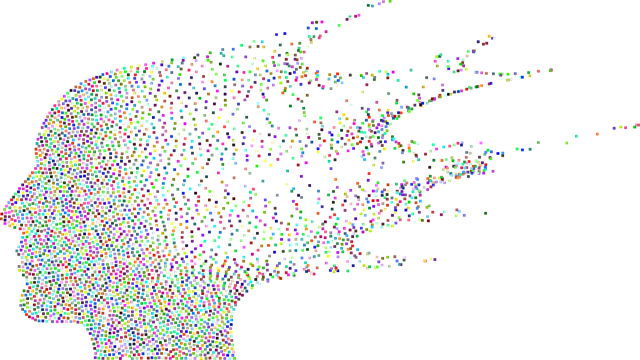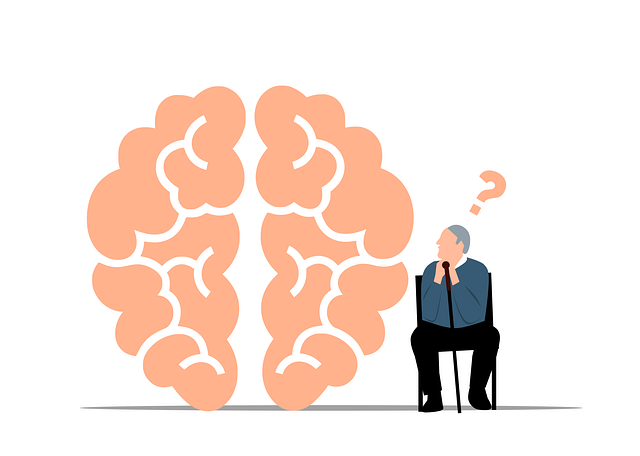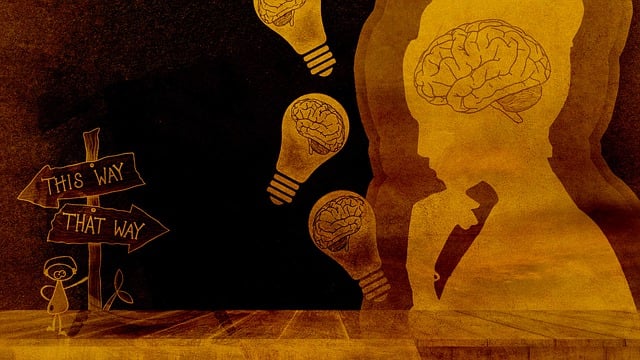Mental health policies prioritizing early intervention through therapy, especially play therapy, are vital for young individuals' well-being. Effective strategies include community outreach programs tailored to adolescents' needs and addressing healthcare provider burnout. A holistic approach integrating play therapy into public awareness campaigns educates parents and caregivers, promoting proactive mental health support from early childhood, which is crucial for preventing lasting issues and fostering resilience.
Mental health policies are pivotal in shaping the well-being and future of our youth, with early intervention playing a crucial role in their development. This article delves into the profound impact of mental health on young minds, emphasizing the effectiveness of play therapy as a treatment approach. We explore advocacy efforts to bridge gaps in access to play therapy services for children, offering strategic insights for policy changes. Additionally, we provide a comprehensive guide to implementing evidence-based mental health policies, ensuring their success and fostering healthier communities. Discover how these initiatives can revolutionize therapy for young children through play.
- The Significance of Mental Health Policies in Youth Development
- – Exploring the impact of mental health on early childhood
- – Understanding the role of play therapy as an effective treatment
The Significance of Mental Health Policies in Youth Development

Mental health policies play a pivotal role in shaping the well-being and future prospects of young individuals. Investing in comprehensive mental health support for youth is essential, as it lays the foundation for their overall development and success. Early intervention through therapy for young children, such as play therapy, can significantly mitigate risks associated with emerging mental health issues. This proactive approach not only enhances their emotional resilience but also fosters healthy coping mechanisms that will serve them throughout their lives.
Effective mental health policies should encompass community outreach program implementations tailored to address the unique needs of adolescents and young adults. By integrating these initiatives, societies can ensure early detection and access to appropriate therapy for young children at risk. Moreover, considering burnout prevention strategies for healthcare providers is crucial, as dedicated professionals are essential in delivering quality mental health services. A holistic approach that balances support for youth and the well-being of mental health professionals will ultimately contribute to more sustainable and impactful community outcomes.
– Exploring the impact of mental health on early childhood

Early childhood is a critical period for mental health development, as young minds are highly malleable and receptive to environmental influences. The impact of mental health issues in early years can be profound and long-lasting, shaping a child’s overall well-being and future trajectory. Play therapy has emerged as an effective approach to address these concerns, offering a safe and engaging environment for children to express their emotions and experience emotional healing processes. This therapeutic method leverages play as a natural means of communication and exploration, allowing therapists to understand and support the child’s mental wellness.
By integrating play therapy into public awareness campaigns development, we can foster an environment that prioritizes mental health from the outset. Educating parents, caregivers, and communities about early childhood mental health fosters a proactive approach, encouraging timely intervention and support. This, in turn, can prevent more severe issues later in life and promote overall resilience in young individuals.
– Understanding the role of play therapy as an effective treatment

Play therapy offers a unique and effective approach to treating young children with mental health challenges. Through interactive and imaginative play, therapists create a safe space for kids to express their emotions, work through traumatic experiences, and develop essential coping strategies. This therapeutic method is particularly beneficial for those who may struggle with verbal communication, allowing them to convey their feelings and thoughts in a natural, engaging way. By incorporating games, art, and storytelling, play therapy fosters self-awareness, emotional regulation, and social skills, laying the foundation for long-term mental well-being.
The role of play therapy in early intervention cannot be overstated, especially when coupled with public awareness campaigns and initiatives that promote self-care practices among children and their caregivers. Organizations dedicated to mental health advocacy can play a vital role in organizing stress management workshops and educational programs, empowering parents and guardians with the tools to support their child’s emotional development. By integrating these strategies, we can ensure that young individuals receive comprehensive care, enabling them to navigate life’s challenges with resilience and adaptability.
Mental health policies play a pivotal role in shaping the well-being and future of our youth. By recognizing the profound impact of mental health issues on early childhood, we can ensure that children receive the necessary support. Play therapy, as highlighted in this analysis, is an evidence-based approach that effectively addresses emotional challenges in young minds. Advocacy for comprehensive mental health services in schools and communities is essential to breaking down barriers and fostering healthy development. Through policy analysis and strategic advocacy, we can create a more supportive environment, enabling children to thrive and reach their full potential.














